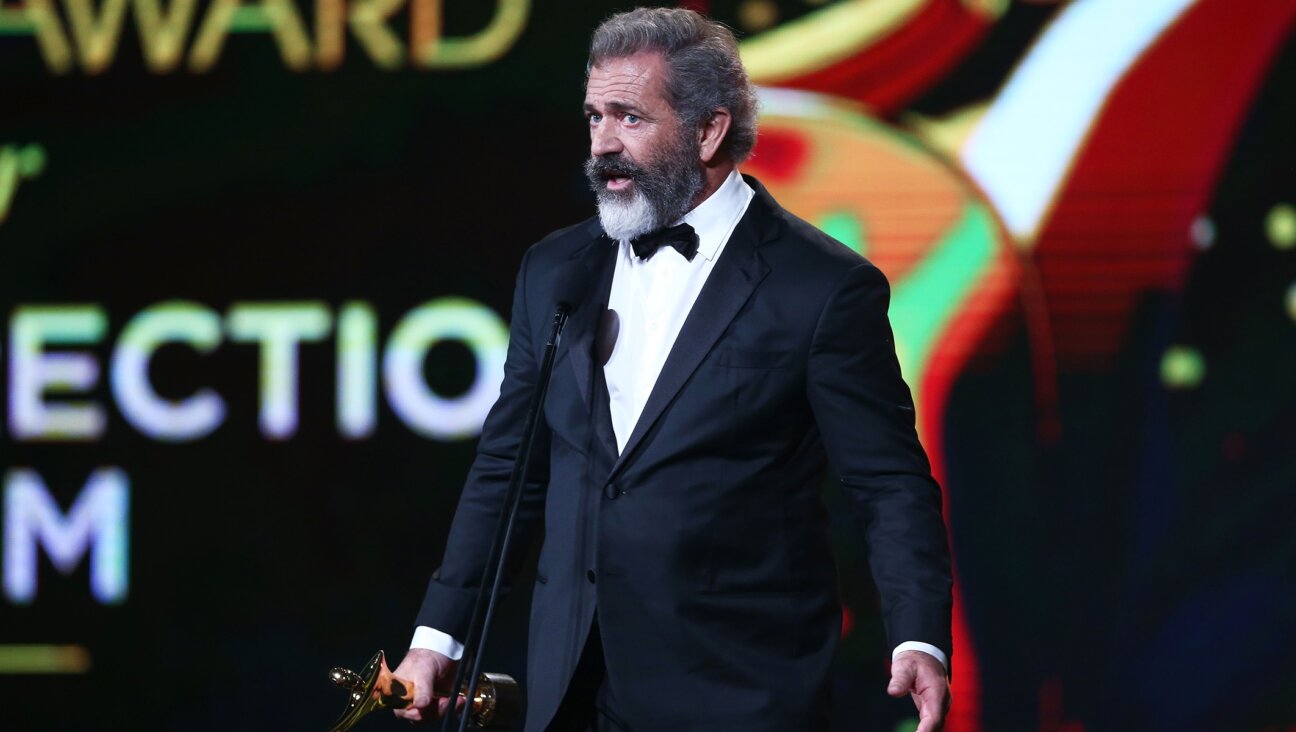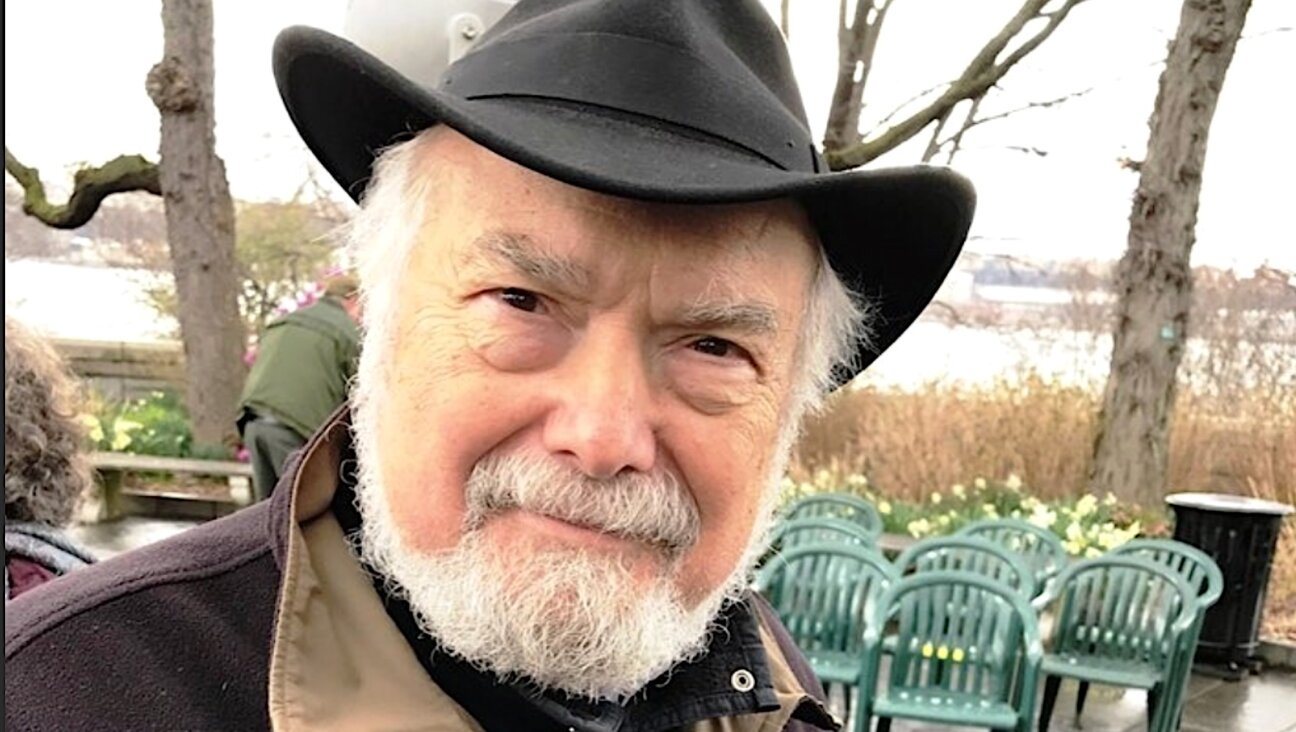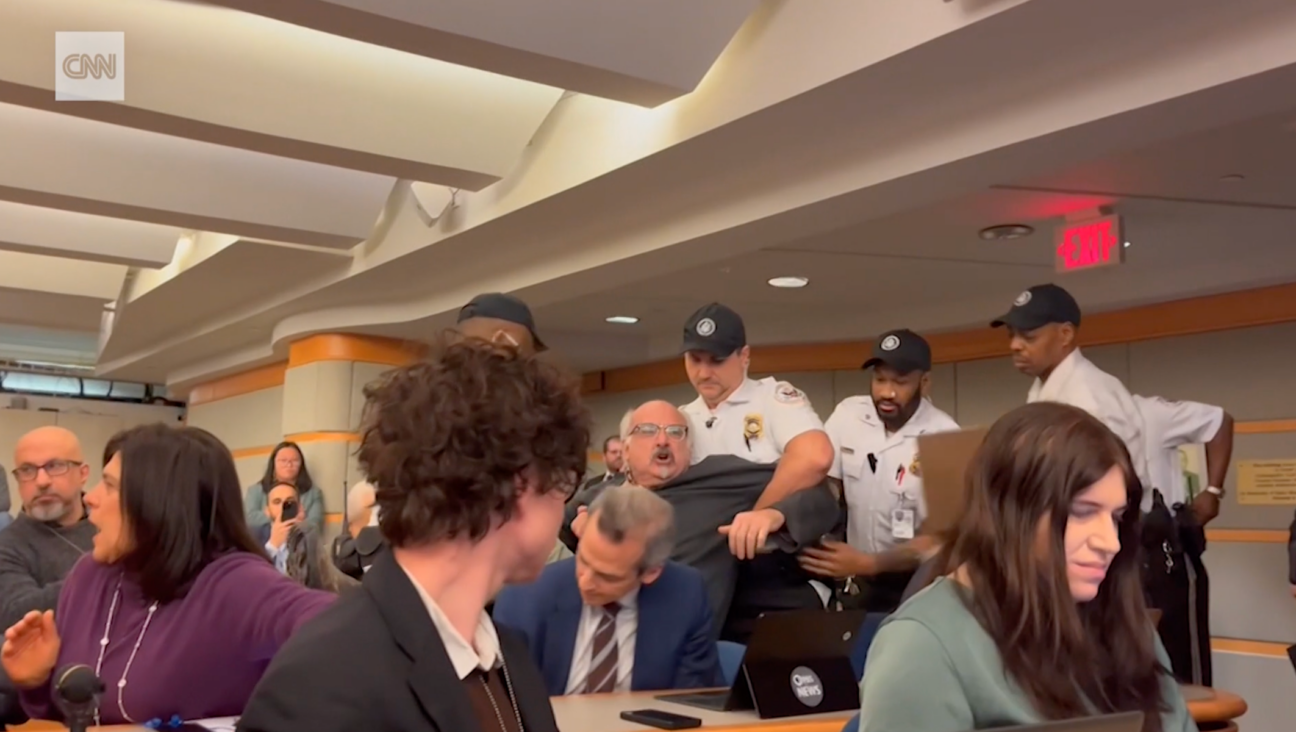Post-Pittsburgh, Interfaith Alliances Are More Important Than Ever

Mourners wait in line outside Rodef Shalom Temple awaiting the visitation and funeral of brothers Cecil Rosenthal, 59, and David Rosenthal, 54 on October 30, 2018 in Pittsburgh, Pennsylvania. Image by Getty Images
Current events in America have been brutal. Last Saturday’s terror attack at the Tree of Life synaoguge — arguably the deadliest assault on Jews in American history — was yet another horrific tragedy.
Jewish organizations have rightly been condemning this hateful act, standing together with countless non-Jewish allies in the process. This is an important moment of solidarity.
Yet many Jews need to take a deeper look at this opportunity and address how Saturday’s massacre is part of a much larger landscape of hate. Pittsburgh was a tragedy; a concurrent tragedy is missing its larger political ramifications.
Hate is intersectional.
What happened in Pittsburgh is integrally connected to what happened the previous Wednesday in Jeffersontown, Kentucky, when a white man murdered a black man and a black woman, only minutes after he tried to enter a predominantly black church, presumably with the intention to kill countless more. Both of these events are related to the heinous acts from last week, when multiple bombs were sent to prominent Americans across the country.
And all of these examples of violent extremism are unequivocally similar to other recent acts of terror aimed at harming people with specific social identities, such as the 2012 shooting at a gudrawa (Sikh temple) in Wisconsin, the 2015 shooting at Emanuel African Methodist Episcopal Church, a predominantly black church in South Carolina, the 2017 shooting at a mosque in Quebec, and on and on.
There are deep historical connections between these acts of bigotry. Take, for instance, a Gallup study which found that the greatest predictor of American-based bigotry against Muslims is whether or not the person polled also has prejudiced ideas about Jews. Indeed, the man directly responsible for Saturday’s carnage charged Jews and “their” organizations with bringing immigrants — another group of nefarious “others” — into the country.
This is a time for Jews to stand up against anti-Semitism while also unambiguously connecting it to other forms of hate. It is a time for Jews to make public alliances with the 99.8% of the world and 97.8% of the United States that are not Jews, including many who live alongside Jews in communities across the country, not focusing only on what happened in Pittsburgh.
Jews should mourn for the atrocity that took place last Saturday while simultaneously acknowledging that, in doing so, they are again joining American minorities who are also subject to this kind of hatred, some in much more pervasive, habitual, and systemic ways. The future of all targeted minorities is interdependent.
American Jews need to stand shoulder to shoulder with other targeted groups, such as blacks, while recognizing — at the same time — that many Jews are both black and Jewish. Ashkenazi-identified Jewish leaders should aid in protecting their communities while also noticing that increasing the presence of police officers often scares Jews of color rather than comforts them.
The notable poem that begins “First they came for the socialists, and I did not speak out — because I was not a socialist” does not mean only that Jews and non-Jews should both speak up against anti-Semitism. It also means that Jews need to speak up when other groups are targeted and — perhaps most importantly in this very moment — must connect the dots between different sets of hate crimes, especially in today’s landscape.
In Dr. King’s words, “Injustice anywhere is a threat to justice everywhere.”
A message from our Publisher & CEO Rachel Fishman Feddersen

I hope you appreciated this article. Before you go, I’d like to ask you to please support the Forward’s award-winning, nonprofit journalism so that we can be prepared for whatever news 2025 brings.
At a time when other newsrooms are closing or cutting back, the Forward has removed its paywall and invested additional resources to report on the ground from Israel and around the U.S. on the impact of the war, rising antisemitism and polarized discourse.
Readers like you make it all possible. Support our work by becoming a Forward Member and connect with our journalism and your community.
— Rachel Fishman Feddersen, Publisher and CEO
























